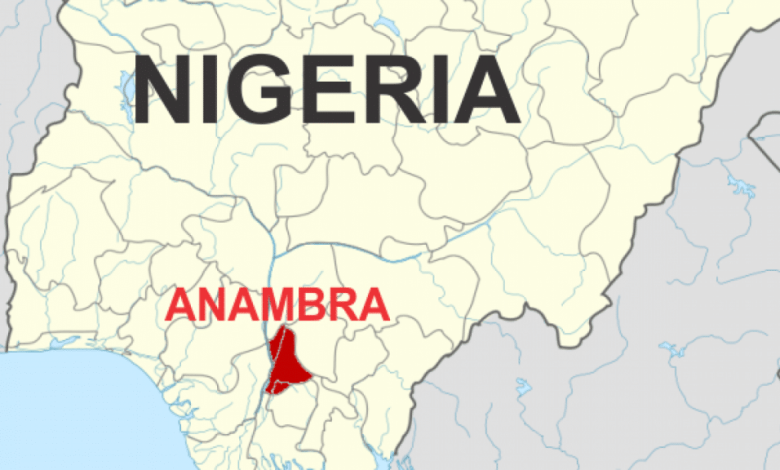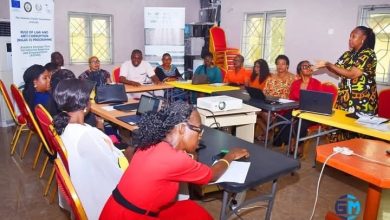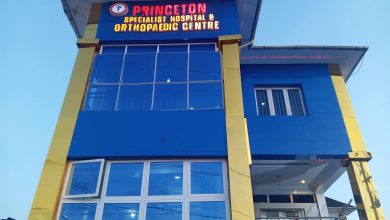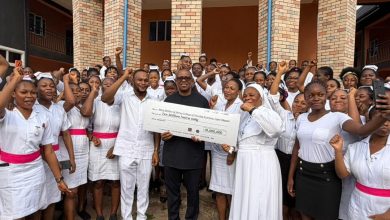
By Our Correspondent
The United Nations Children’s Fund, UNICEF, has revealed that only three out of the 21 local government areas of Anambra State are open defecation free (ODF).
The three local governments are Aguata, Anambra East and Nnewi North. Incidentally, two of the three LGAs namely, Aguata and Anambra East, are semi urban, while Nnewi North is urban.
Investigation showed that some of the areas in the state where open defecation poses a serious problem are Onitsha South (Upper Iweka axis), Ogbaru (Okpoko and most of the communities in the LGA), as well as Anambra West, Ayamelum and Awka North.
The Water, Sanitation and Hygiene, WASH, specialist at the UNICEF Field Office, Enugu, Mrs Rebecca Gabriel, at a media briefing to mark the World Toilet Day, warned, however, that the three ODF local government areas might still lose the status if they fail to sustain it, just as there is the possibility that other LGAs might become ODF if they work hard to meet the requirements.
She said that for toilet facilities to be safe, they should have good containment, provision for evacuation when they are full, as well as have facilities for treating the faeces.
Gabriel said that overall study showed that 3 percent of the population across all the local government areas in the state are practicing open defecation, which is second to Abia State among the five South East states in the UNICEF Enugu Field Office, where only 2 percent of the population are practicing open defecation.
The Officer in Charge of UNICEF Field Office, Enugu, Dr. Olusoji Akinleye said that open defecation represents daily struggles that undermine health, impede education and weaken social fabric.
He said: “Toilets are a place for peace, the library we visit everyday and our meditation room. It is at the center of our lives and that is why it should be safe and secure. Unfortunately, this peace is under threat because of government neglect.
“Toilets are places of protection because when they are inadequate, damaged or broken, pollution spreads and deadly diseases get unleashed.”
According to him, UNICEF has been driving the ODF message over the years, but were not making as much progress as intended to because of limitations and declining government commitment in funding and investment gaps.
“The annual funding needed for ODF is N 168 billion in Nigeria, but only N15 billion was invested between 2018 and 2022. There is also limited private sector involvement, lack of consistent and public awareness and engagements.
“Another limitation is the low involvement of religious and traditional leaders in adopting community hygiene practices,” he said.




